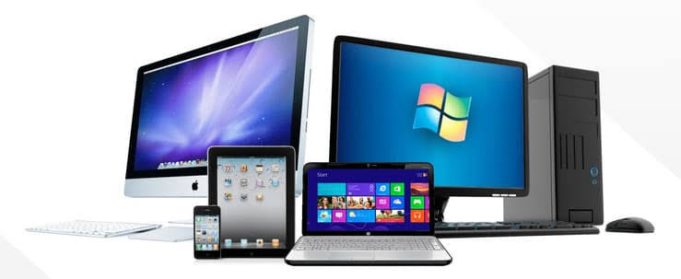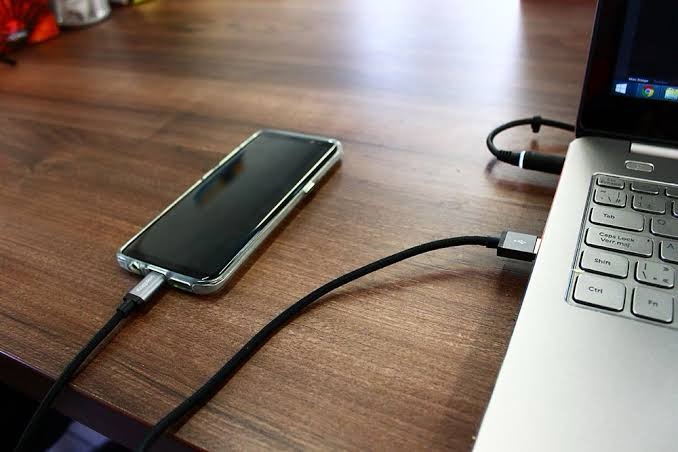In the strictest definition, a Mac is a PC because PC stands for personal computer. However, in everyday use, the term PC typically refers to a computer running the Windows operating system, not the operating system made by Apple.

Mac and PC are two distinct platforms that refer to the hardware and software ecosystems associated with Apple and Microsoft, respectively. Here are some key differences:
1. Operating system: Mac computers run on macOS, a proprietary operating system developed by Apple. On the other hand, PCs typically run on Microsoft Windows, which is available in various versions like Windows 10, Windows 11, and so on. Each operating system has a unique user interface and features, so it’s a matter of personal preference.
2. Hardware: Macs are manufactured exclusively by Apple, which tightly controls the hardware components, ensuring a seamless integration between hardware and software. PCs, on the other hand, are built by various manufacturers, offering a wide range of choices in terms of components, form factors, and prices. This gives users more flexibility in selecting hardware that suits their specific needs and budget.
3. Design and aesthetics: Apple is renowned for its sleek and stylish designs, with Macs often featuring slim profiles, aluminum bodies, and minimalist aesthetics. PCs, being produced by different manufacturers, come in a variety of designs, ranging from ultra-thin laptops to powerful gaming rigs, and everything in between. Design preferences vary greatly among individuals, so it’s subjective which platform offers the most appealing look.
4. Software compatibility: macOS and Windows have different software ecosystems. Some software applications are exclusive to either macOS or Windows, while others are available on both platforms. If you have specific software requirements for your work or hobbies, it’s important to check their compatibility with the operating system you choose.
5. Gaming: Historically, PCs have been the preferred platform for gaming due to the wider availability of games and better compatibility with gaming hardware and accessories. However, Apple has made efforts to improve gaming on Macs by introducing Apple Silicon processors and supporting eGPU (external Graphics Processing Unit) configurations. Still, PCs remain dominant in the gaming space.
6. Price: Generally, Macs tend to have higher price points compared to PCs. This is partly due to Apple’s focus on premium build quality, design, and customer support. PCs, on the other hand, offer a wide range of price options, allowing users to find a computer that fits their budget.
It’s worth noting that both Macs and PCs have their strengths and weaknesses, and the choice between them ultimately depends on individual preferences, specific needs, and budget considerations. It might be helpful to try out both platforms or seek advice from friends and professionals to make an informed decision.
Note: This explanation is based on the information available up until 2023, and the computing landscape may evolve over time.










